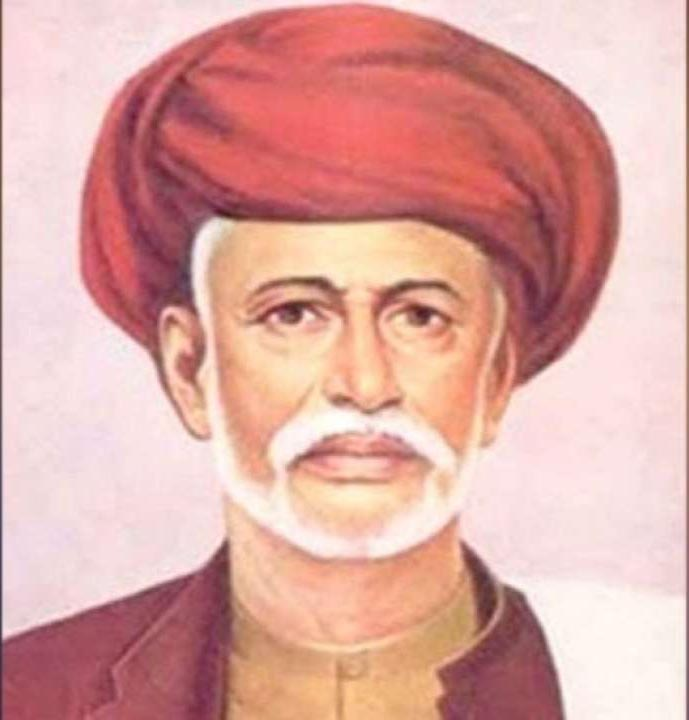Important Facts For Prelims
Jyotiba Phule
- 12 Apr 2025
- 3 min read
Why in News?
The birth anniversary of Jyotiba Phule was observed on 11th April, the great social reformer, philosopher and writer.
What are the Key Facts about Jyotiba Phule?
- About: He was born on 11th April, 1827, and emerged as a pioneering social reformer who challenged Brahmanical orthodoxy, fought for the rights of Dalits and women, and laid the foundation for India’s social justice movements.
- Key Contributions:
- Educational Reforms: Phule and his wife Savitribai opened India’s first girls’ school in 1848 and later started night schools (1855) for workers, farmers, and women in Pune.
- Social Reforms:
- Opposed Orthodoxy: Phule opposed caste oppression, criticized Brahminical figures like Chiplunkar and Tilak, and supported the British to uplift the oppressed and women.
- Anti-Caste Movement: Phule founded Satyashodhak Samaj (1873) to fight caste hierarchy and, in Gulamgiri, compared caste oppression to American slavery.
- Deenbandhu, a Marathi weekly newspaper founded by Krishnarao Pandurang Bhalekar in 1877, served as an outlet for Satyashodhak Samaj.
- 1857 Revolt Critique: Viewed it as an upper-caste effort to restore Brahmin rule.
- Economic Reforms: Advocated compulsory education for lower castes and economic upliftment to dismantle caste hierarchies.
- Religious Freedom: In his Satsar (The Essence of Truth), Phule defended the right of Pandita Ramabai to convert to Christianity.
- Farming Reforms: In Shetkaryanche Asud (Farmer’s Whip), Jyotirao Phule critiqued the exploitation of Shudra peasantry by a British and Brahmin bureaucratic alliance.
- Rationalism: In Sarvajanik Satya Dharma Pustak, he advocated for a just and equitable society where God is seen as a loving and rational creator. It dismantled traditional hierarchies.
- Major Publications: Tritiya Ratna (1855), Powada: Chatrapati Shivajiraje Bhosle Yancha (1869), Gulamgiri (1873), Shetkarayacha Aasud (1881).
- Inspiration: He was influenced by Thomas Paine’s The Rights of Man, and saw education of women and lower castes as key to ending social evils.
- Recognition: He was bestowed with the title of Mahatma on 11th May, 1888 by a Maharashtrian social activist Vithalrao Krishnaji Vandekar.
UPSC Civil Services Examination, Previous Year Questions (PYQs)
Q. Satya Shodhak Samaj organized (2016)
(a) a movement for upliftment of tribals in Bihar
(b) a temple-entry movement in Gujarat
(c) an anti-caste movement in Maharashtra
(d) a peasant movement in Punjab
Ans: (c)





